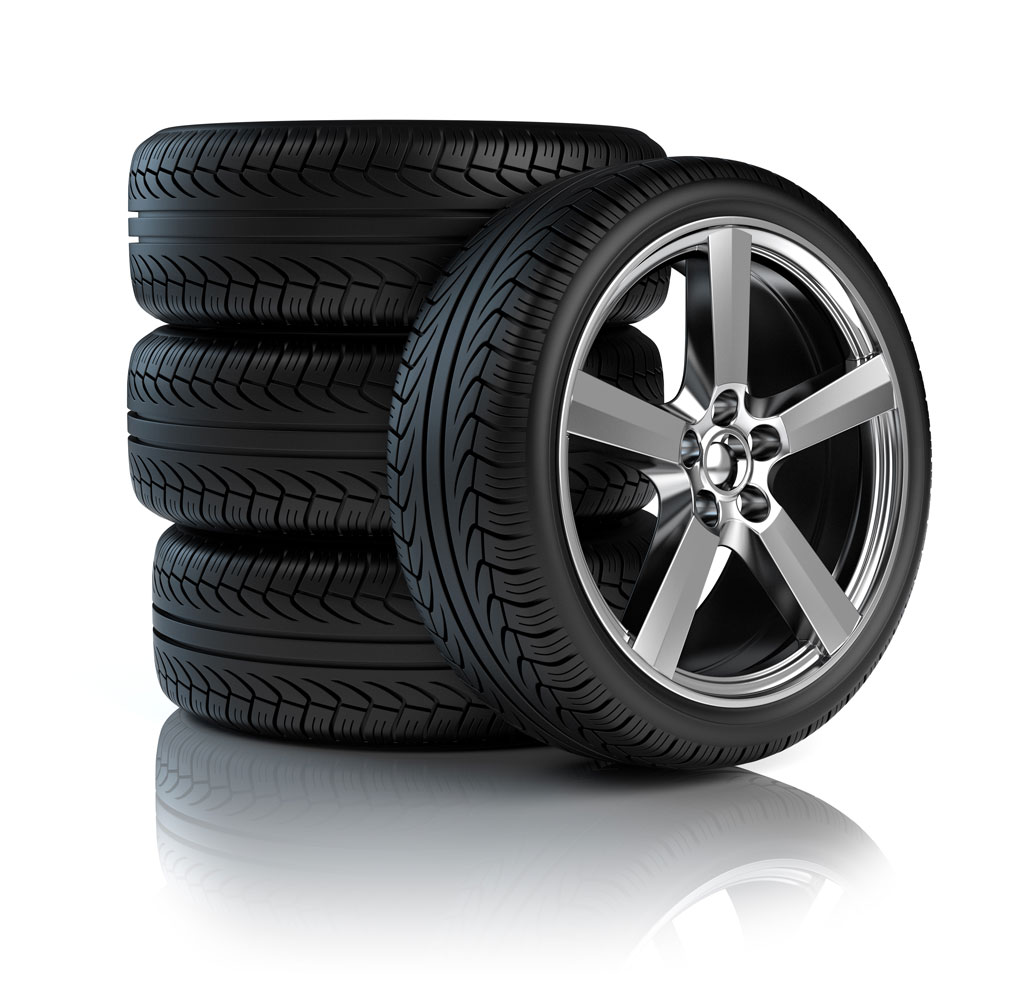Morris Tires: Where GMC Tire Service Fulfills High Quality
Morris Tires: Where GMC Tire Service Fulfills High Quality
Blog Article
Tire Service: The Influence of Climate Condition
When it involves ensuring ideal efficiency and security when traveling, understanding the effect of weather condition conditions on tire solution is critical. From scorching warmth to icy roads, each climate aspect can considerably affect tire functionality and general driving experience. By diving right into the effects of varying weather on tires, drivers can get important understandings that might improve their vehicle's efficiency and long life. In this conversation, we will explore the detailed relationship between weather and tire solution, clarifying the relevance of weather-specific tire maintenance techniques and considerations.
Warmth and Tire Efficiency
When exposed to high temperatures, tires experience adjustments in performance that can substantially impact car security and handling. The heat created from extended driving or hot climate conditions causes the tire rubber to soften, resulting in lowered step life and increased wear. As the rubber ends up being softer, the tire's hold on the roadway reduces, affecting stopping ranges and overall traction. In extreme cases, extreme heat can also create tire blowouts, presenting a severe safety and security danger to the lorry and its passengers.

Winter Results
Winter problems can have a substantial impact on tire efficiency and security. As temperatures decline, tire rubber can solidify, causing decreased traction on icy or snow-covered roads. In cold weather, tires might additionally lose air stress extra rapidly, which can influence taking care of and fuel performance. Furthermore, cool temperature levels can cause tire sidewalls to stiffen, raising the risk of damages from craters or various other roadway hazards.
To reduce the effects of chilly climate on tires, it is critical to consistently examine tire stress and inflate them to the producer's suggested degrees. Utilizing winter or all-season tires developed for chilly weather problems can additionally improve traction and hold on icy or snowy roads. Proper tire maintenance, consisting of routine assessments for wear and damages, ends up being much more critical throughout cooler months to make certain optimum performance and security.
Rainy Issues Influence
Tires with damaged footsteps are much more vulnerable to hydroplaning, where a layer of water develops up in between the tire and the road surface area, leading to loss of grip. To battle this, vehicle drivers ought to routinely check their tires for appropriate walk depth and take into consideration investing in tires specifically developed for damp problems.
Moreover, reference stormy climate can likewise decrease visibility, making it challenging for motorists to see the roadway ahead plainly (GMC Tire Service). In such problems, it is vital to adjust driving speeds accordingly and keep a safe adhering to range to permit unexpected quits. Correctly inflated tires can also assist in maintaining control on wet roadways by giving far better handling and grip
Snow and Tire Safety And Security
When driving in snowy conditions, having the ideal tires can make a considerable distinction in safety and security and efficiency. Winter season tires are made with special rubber substances and tread patterns to supply much better grip on snow and ice compared to all-season tires.

Additionally, motorists need to take into consideration mounting tire chains in severe snowy problems. Tire chains supply additional traction by clutching the snow and ice, boosting security and control. However, it is necessary to comply with manufacturer directions when using and mounting tire chains to stop damages to the tires and automobile. By selecting the right tires, keeping correct rising cost of living, and considering extra grip help like tire chains, motorists can improve their safety and security when navigating snow-covered roadways.
Weather-Related Tire Upkeep
Weather-related tire upkeep includes a range of methods intended at guaranteeing optimum Learn More Here tire function and longevity in different weather scenarios. One crucial element of weather-related tire upkeep is tire pressure regulation. Checking tire tread frequently and replacing tires when walk wear reaches a particular deepness is essential for keeping traction and stability in adverse weather condition.
Conclusion
To conclude, weather condition conditions have a substantial influence on tire efficiency and security. From warmth affecting tire pressure and wear to winter reducing grip, it is important to consider the climate when keeping and using tires. Stormy problems can decrease grasp and lead to hydroplaning, while snow can raise the danger of accidents if tires are not appropriately furnished. Weather-related tire maintenance is important in making sure ideal efficiency and safety and security when driving.
In this conversation, we will check out the intricate relationship between weather conditions and tire service, look these up shedding light on the importance of weather-specific tire upkeep techniques and factors to consider.

Report this page